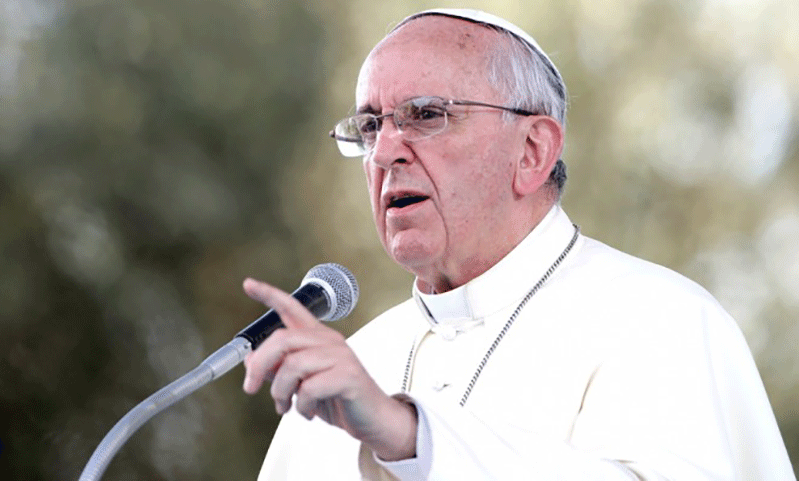
Pope Francis, whose widespread popularity has attracted much attention in the media, recently spoke against legalizing recreational drugs, such as marijuana. "Drug addiction is an evil, and with evil there can be no yielding or compromise," the Pope told participants of the International Drug Enforcement Conference on Friday.
While marijuana has been used medicinally for certain cancers, epilepsy, and AIDS, its recreational use has not been widely acceptable in America because it is believed to be habit-forming and to decrease productivity. Proponents of the drug argue that the fact that alcohol - which has more addictive propensities and statistically causes more severe problems in society than does marijuana, Forbes reports - is lawful should make the legalization of marijuana more acceptable, however.
Thus far in the United States, Colorado and Washington have legalized the recreational use of marijuana. CNN reports that several other states and also other countries are moving toward decriminalizing marijuana use as well. Pope Francis believes that such legislation will inevitably fail to produce its intended results in society, however - "To think that harm can be reduced by permitting drug addicts to use narcotics in no way resolves the problem," he said.
Christians are commanded by God to honor our country's laws, so long as they do not conflict with His word (see Romans 13:1-7 and Acts 5:29); therefore, believers were commanded to abstain from marijuana use prior to its legalization. Now that marijuana use is legal in certain states, however, Christians might wonder if it is permissible to partake in recreational use of the drug.
Followers of Christ are called to be good stewards of their bodies, and are uniquely gifted to be useful workers in God's kingdom (see 1 Corinthians 6:19-20 and 1 Corinthians 12). Barraging the body and the mind with substances often has negative long-term effects, and drugs which entice users to be sluggish can hinder their work for the Lord.
God's word also speaks much of self-control (see Galatians 5:22-23). Addictions can arise from a myriad of substances, such as alcohol, tobacco, and marijuana. Although caffeine poses little threat to society, it too is highly addictive. What's more, consuming alcohol to the point of drunkenness is a sin (see Ephesians 5:18); therefore, believers ought to flee from any substance which drastically alters their mind.
Where recreational use of a substance is legal, Christians ought to pray for discernment and exercise self-control, so as not to be ruled by anything. This requires much guidance from the Holy Spirit, and believers should be willing to restrict their freedoms for the sake of the Gospel (see Romans 14:13-22).






